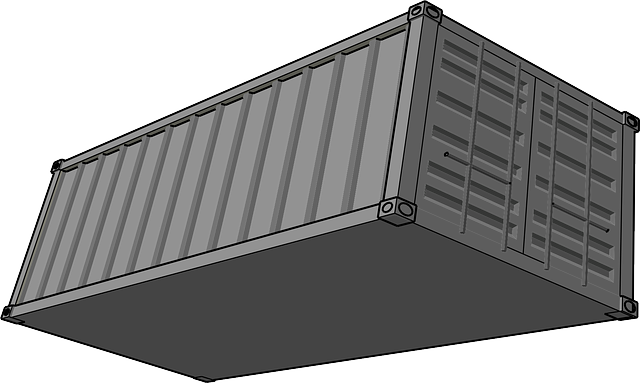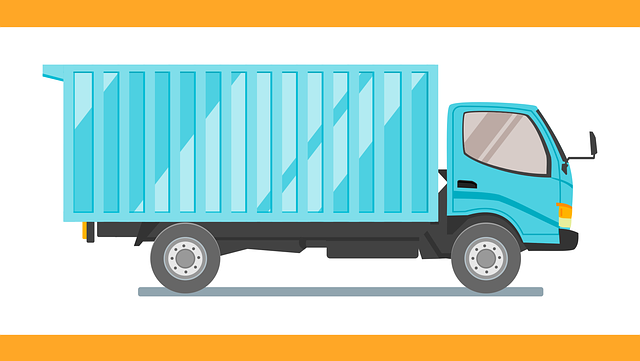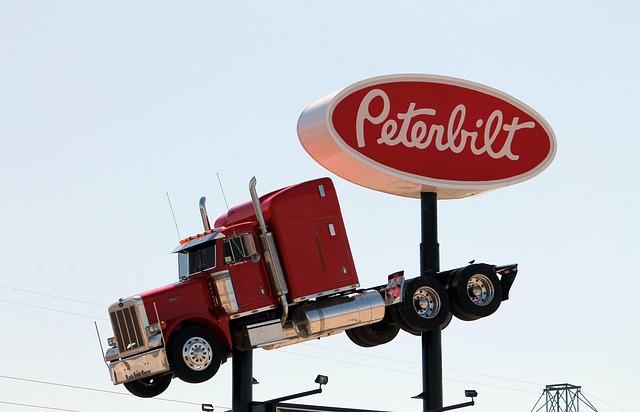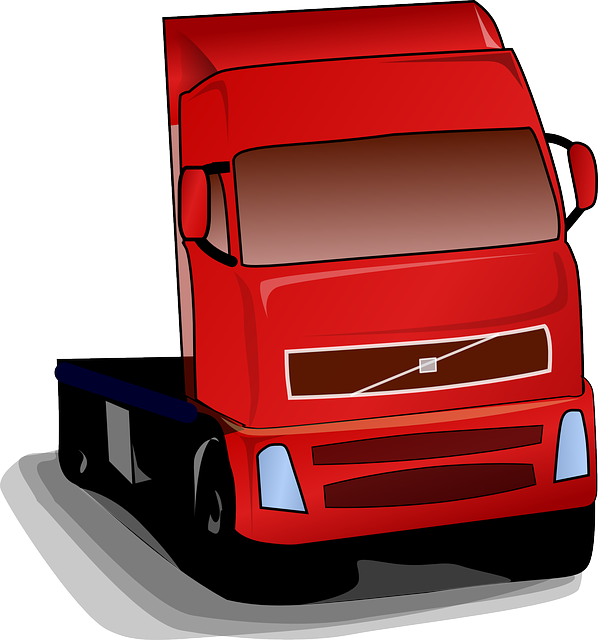Securing appropriate liability insurance small fleets is crucial for fleet owners to protect against financial risks from vehicle accidents or damages. By understanding tailored coverage options, staying informed about policy details, and regularly reassessing needs as a fleet grows, business owners can ensure comprehensive protection for their assets. Consulting experts simplifies the process, enabling informed decisions on risk management for effective small fleet protection.
Fostering awareness of liability limits and coverage options is essential for small fleet operators aiming to mitigate risks. This article guides you through crucial aspects of liability insurance, beginning with understanding your policy for small fleets. We delve into the importance of knowing your liability limits and exploring diverse coverage options available. Additionally, we offer strategies to maximize protection for your fleet, ensuring peace of mind on the road. For businesses seeking comprehensive insights on liability insurance for small fleets, this is your go-to resource.
Understanding Liability Insurance for Small Fleets

For small fleet owners, understanding liability insurance is paramount to safeguarding against potential risks and financial burdens. This type of insurance is designed to protect businesses from claims related to accidents or damages caused by their vehicles during operation. When operating a small fleet, it’s crucial to grasp the coverage options available, as these can vary significantly. Liability insurance for small fleets typically covers medical expenses, property damage, and legal fees incurred due to accidents involving your vehicles.
By evaluating your specific needs, you can tailor your policy to ensure comprehensive protection. This might include options for different types of vehicles, varying liability limits, and additional coverage for specific risks like cargo or towing responsibilities. Given the diverse nature of fleet operations, seeking expert advice can be invaluable in navigating the complexities of liability insurance small fleets require.
The Importance of Knowing Your Liability Limits

Understanding your liability limits is a crucial aspect of managing a small fleet. As a fleet operator, you’re responsible for the safety and well-being of your drivers and vehicles, which comes with significant risks. Liability insurance for small fleets is designed to protect you from financial burdens resulting from accidents or damages. Knowing your limits ensures that you have adequate coverage to meet potential claims, minimizing out-of-pocket expenses and legal complications.
By staying informed about liability insurance options specific to small fleets, you can navigate the complexities of risk management effectively. This knowledge enables you to make informed decisions when choosing policies, ensuring that your fleet is well-protected against various liabilities, including medical expenses, property damage, and legal fees.
Exploring Coverage Options: What's Available?

When it comes to protecting your business, exploring liability insurance for small fleets is a strategic move. This type of coverage is tailored to meet the unique needs of smaller operations, offering various options to suit different risks and budgets. From general liability that shields against common claims to specific policies for specialized fleet activities, there’s a package designed for every need.
Understanding these coverage options is essential in navigating the complex insurance landscape. By examining the scope of protection, deductibles, and potential exclusions, business owners can make informed decisions. Whether you’re looking to insure a few vehicles or an entire fleet, comparing quotes from different providers allows you to secure the best value for your investment in liability insurance.
Strategies to Maximize Your Fleet's Protection

To maximize protection for your small fleet, start by understanding the nuances of liability insurance small fleets. This involves thoroughly reviewing your policy to grasp the specific coverage limits and exclusions. Knowing these details enables you to make informed decisions about additional coverage options tailored to your unique operational needs. For instance, if your fleet operates in environments with high risk of property damage or personal injury, consider enhancing your liability coverage.
Next, don’t overlook the importance of regular policy assessments. As your fleet grows or your operations evolve, so should your insurance coverage. Stay proactive by periodically evaluating your risk exposure and adjusting your liability insurance small fleets coverage accordingly. This ensures that you’re not underinsured during unforeseen events, providing comprehensive protection for both your assets and business interests.
Fostering awareness of liability limits and coverage options is paramount for small fleet operators looking to navigate risks effectively. By understanding your liability insurance, recognizing potential gaps in coverage, and exploring tailored options, you can maximize protection for your assets and business. Implementing strategic insights from this guide will empower you to make informed decisions, ensuring your small fleet operates with enhanced security and peace of mind.
